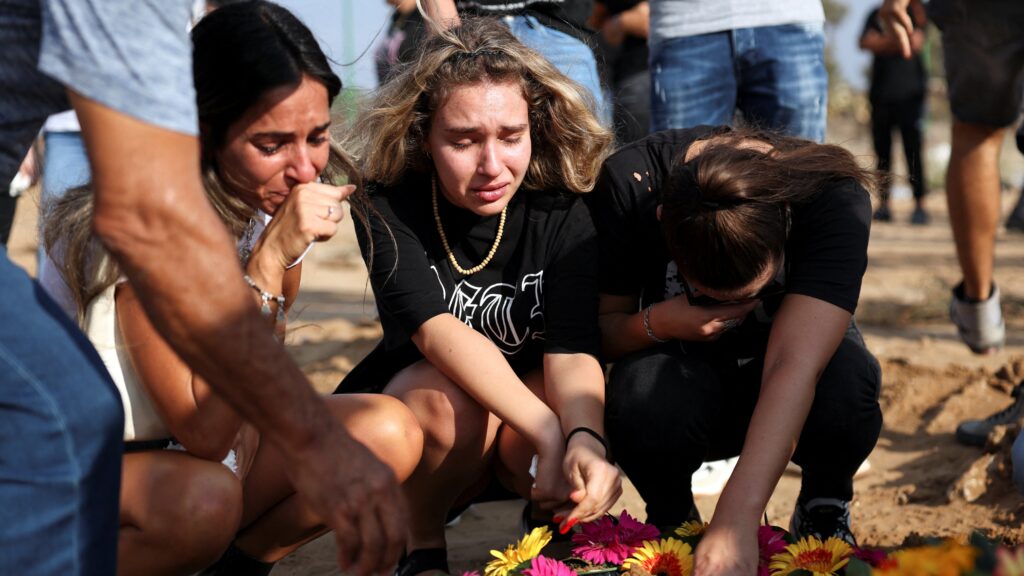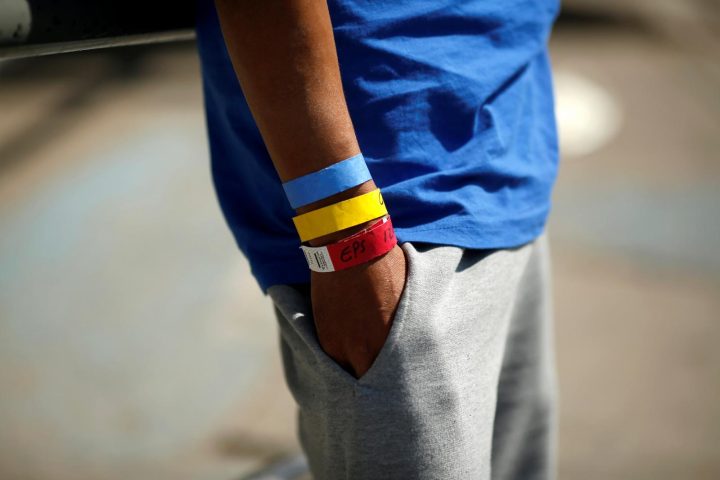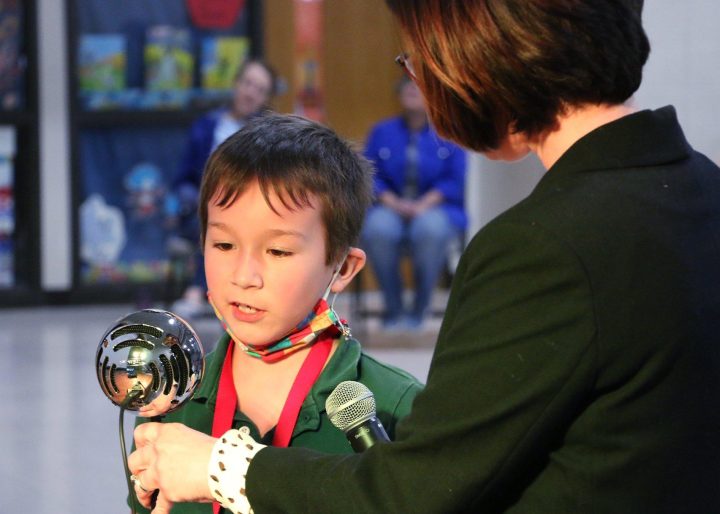
Good evening!
With the ongoing war between Israel and Hamas showing no sign of abating, the synod continuing apace amid polarized Catholic interests, the worldwide threat of terrorist strikes and the endless high drama of our political classes, we close this very busy news week while anticipating a breakneck pace that will continue for the foreseeable future. It can be hard to keep up, we know, so we are sharing some of the OSV News headlines from the week.
You can find more of our stories by following us on Facebook, X (aka Twitter) and Instagram, and I’m always happy to hear your story ideas messaged to us on those platforms. Have a great weekend, and pray for peace.
Elizabeth Scalia
Culture Editor
Israeli families missing loved ones wait for proof of life; patriarch appeals for prayer, fasting
The federal government appears to be heading toward a shutdown at the end of September, as congressional lawmakers are running out of time to pass legislation funding the government after Sept. 30
‘War traumatizes everybody’ and ‘deep-seated peace’ needed, says Jesuit priest working in Jerusalem
Father John Paul, rector of the Tantur Ecumenical Institute, an ecumenical institute in Jerusalem, told OSV News he feels “a deep sense of compassion for what Israelis and Palestinians” are experiencing amid a war that has killed thousands.
Two U.S bishops launch National Catholic Mental Health Campaign and novena amid crisis
In an introductory message for the campaign, Archbishop Borys A. Gudziak and Bishop Robert E. Barron said their goals are threefold: to raise greater awareness of the issue, to remove the sense of stigma for those suffering from mental illness, and “to advocate a clear message to all: Everyone who needs help should get help.”
Testimonies give insight into how Synod on Synodality can realize pope’s vision for church
The global Synod on Synodality has been two years in the making, but even as the synod’s universal stage in Rome is underway, the synod’s public discussions are revealing how this process is starting to free the church to realize the vision of a missionary church Pope Francis advanced at the very beginning of his pontificate with the publication of “Evangelii Gaudium.”
Survivor: Abuse should be seriously addressed by the synod, or not at all
Some abuse survivors expect concrete outcomes regarding abuse policies during the Synod on Synodality. Others say that it’s enough that the universal church learns from churches where good practices have already been established and made a difference.
What did Pope Francis say on same-sex blessings, and what might happen next?
Reactions to Pope Francis’ statement on this, suggested John Grabowski, a professor of moral theology and ethics at The Catholic University of America’s School of Theology and Religious Studies in Washington, have seemed “overdone and off-target,” both from those “who want to go all in” on the church blessing and approving sexually active same-sex couples or from those who fear the pope is “somehow giving away the store on our teaching on marriage.”
As FDA considers artificial wombs, ethicist recommends ‘courage and caution’
Catholics should approach the issue of artificial wombs with both courage and caution, an ethicist stressed after U.S. Food and Drug Administration advisers met about the new technology. “Courage because this endeavor is highly complex technologically and may positively impact human lives and health at very vulnerable stages,” said John F. Brehany, the executive vice president and director of institutional relations at the National Catholic Bioethics Center.
On Latin American trip, NYC mayor seeks perspective from Catholics working with migrants
As New York City Mayor Eric Adams finalized his Latin American trip Oct. 8, Catholics in the region noted it started with an Oct. 5 visit to the Basilica of Our Lady of Guadalupe in Mexico City, a shrine to the patroness of the Americas and the source of inspiration for many of the migrants undertaking arduous journeys toward the United States.
Indigenous Catholics should ‘have a seat at the table’ in the church, said two bishops
Meetings of the U.S. Conference of Catholic Bishops’ Native American Affairs Subcommittee brought together groups from Australia, New Zealand, the U.S. and Canada “to really talk about the experience of being Indigenous people in (those) countries, (and) what issues they are facing,” said Archbishop Paul G. Martin of Wellington, New Zealand.
Bishop Nicholas A. DiMarzio: Today’s migrants, and why many aren’t coming legally
COMMENTARY: A very common question people are asking today about migrants is, “Why are these people not coming legally like my ancestors did?” There are many answers to this question. First, most people’s ancestors came before 1921, when the United States imposed a very strict immigration quota system, which was only rectified in the 1960s.




